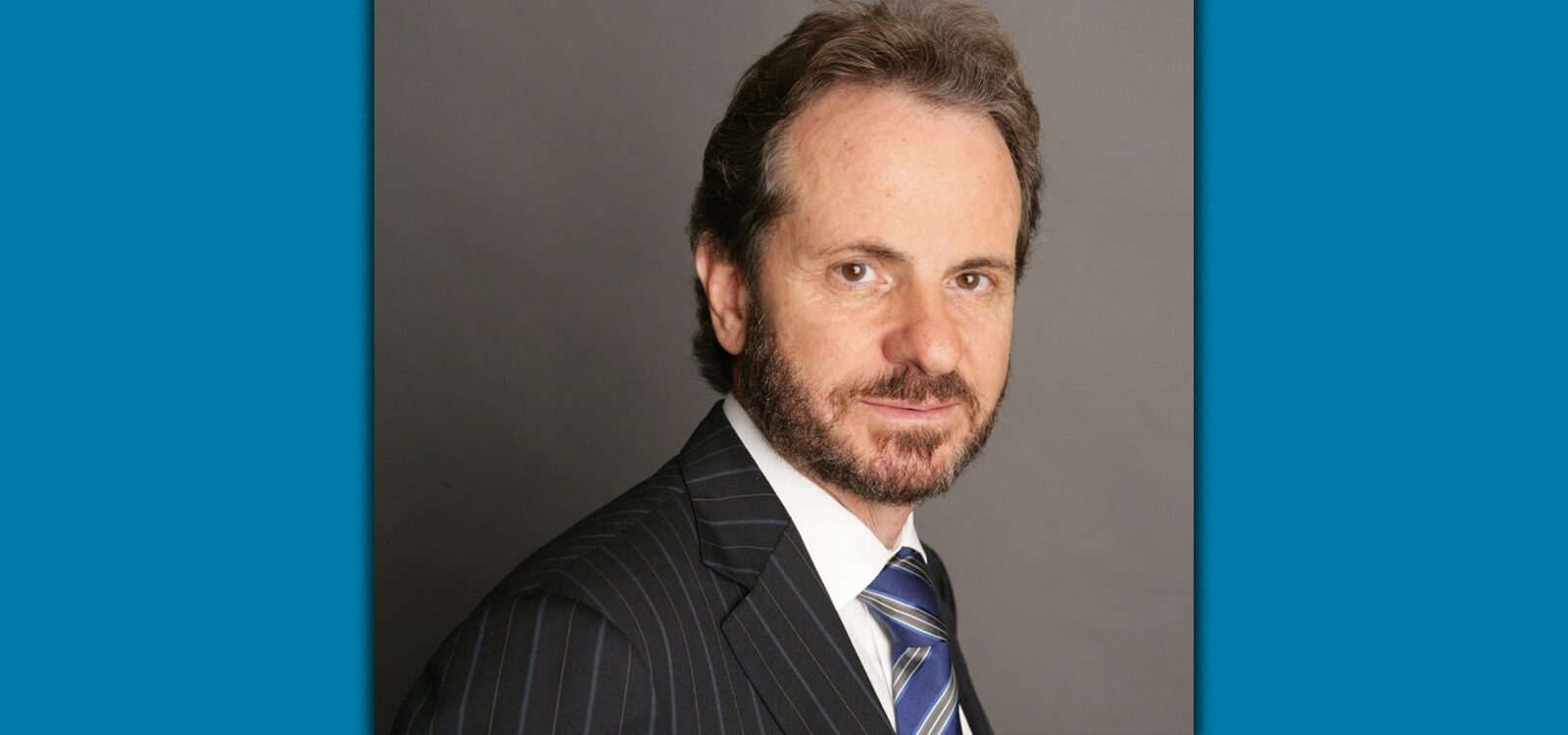
A conversation with Mike Roche
Mike Roche, actuary, non-executive director and philanthropist, recently sat down with Hoa Bui, immediate past president of the Actuaries Institute, to give his thoughts on the industry today, his varied career, and how actuaries can solve problems for both business and people.
Mike Roche is one of the actuarial profession’s most well-known practitioners. He is a director of Macquarie Group, Macquarie Bank and Wesfarmers, two of the top 10 ASX listed companies, a former head of M&A at Deutsche Bank for over 10 years, a Director of EISS Super, MaxCap Group and Six Park Asset Management, and a Fellow of the Institute and Faculty of Actuaries (IFoA) in London and the Actuaries Institute of Australia.
That impressive career through the finance industry was far from pre-determined. At the University of Queensland in the 1970’s, studying a Bachelor of Science, Mathematics and Statistics, he wasn’t even aware of what actuaries did.
But after a conversation with a group of friends about how they could use a gift for mathematics in the real world, he decided to enrol in the actuarial course.
“It looked to be something where you could apply mathematics, as distinct from just teaching it, and I think that’s probably what attracted me to it, the practical aspect of it, you could do something with it, but I had no idea what it was,” Mike said.
That relative anonymity of the profession is still a challenge for actuaries today, he believes.
He credits his willingness to try things and actively seek to solve widely different problems as a core attribute in helping him to move into different areas of the finance industry; first in the superannuation division and then to Capel Court Financial Services (later acquired by ANZ), and then his 22-year run at Deutsche Bank.
“There’s normally some problem to solve of some kind, whether you’re trying to do a deal, or you’re trying to run a business, so the problem-solving skills that develop off that actuarial background are really important,” he said. “I just thought it was a natural thing to do: think about what is happening, what is the problem what is required to address it and then go do it.”
Cashflows and the true underlying financial projections are what really matters for an actuary, and it’s important not get caught up by different accounting terminology, Mike said. If there is no existing financial instrument that addresses the problem to be solved, invent it. That is why Mike invented the hybrid securities in the early 90’s: this innovation open up a market whereby companies can raise capital in a price protected way, enabling more investors to participate. Whilst these securities have evolved, the technique is widely used today. “Don’t get mesmerised by the noise, look at what’s underlying, what’s really going on, what are the two or three things that really matter, what’s the long-term impact of that, and what problem do I need to solve?”
Those unique actuarial problem-solving skills can be used to better society, not just business, Mike says. He and his wife run their private charity the Sally Foundation to help young disadvantaged people both in Australia and Zimbabwe, and provide small business mentoring at Many Rivers Microfinance.
“Whatever you’ve accumulated skills-wise, you can use those to help people, and it’s very rewarding to be able to do that, and to be able to be around to see it.”
Despite not having a pre-determined plan for his career, the drivers behind his success were a combination of the desire to make something of himself, to excel at what he does and wanting to do new things each time, Mike said. “There is no point being a photocopier, and doing the same thing over and over again”. He used to analyse every M&A transaction in the market, discover the unique attribute of each transaction, and that becomes the baseline for the next transaction. Remember that what works in one market environment might work again in another environment (if tweaked) – so keep building the mental database and keep learning.
Discipline and a single-minded focus on the goal is part of his success. When he was studying for the actuarial exams to qualify as an actuary, after each working day, for five years, Mike would allow time for a 17-minute walk each day with his wife Geraldine before going back to studies.
“I was always aspiring to make the most out of whatever I was doing at the time. It wasn’t so much where the road was going, I never really thought about that to be honest. I just thought that if I excelled at what I’m doing now, the opportunities will present themselves.”
Further takeaways from the interview
On the topic of climate change, Mike said “the good thing is the market has taken over now, it is unstoppable – investors demand that you consider the environment and this will drive the required behaviour and change. About time.”
On whether actuaries can be relevant in data analytics and ESG, Mike advised that “Actuaries can do whatever they want to. They can solve problems, they look long term, they can filter out the noises, they can look at the substance of the issue. They have a certain mindset – this is the skill base – not the domain knowledge. This is the core capability that actuaries bring. This will be so important in a world of significant change where it will be the ability to adapt and turn your mind to the new challenges that will be in demand. If the actuarial profession learns how to communicate this more broadly- then there is a bright future.
When asked on his opinion on what the Institute can do to help actuaries getting into companies like Wesfarmers and Macquarie Bank, Mike advocated that actuaries need to meet with decision makers in these fields to increase awareness of the skills and what mindset actuaries can bring.
Are we training actuaries the right way? “We still need the vertical specialisation, such as insurance or superannuation, but perhaps we also need to train actuaries ‘horizontally’. Getting into other fields will require obtaining more domain knowledge but this can be taught as ‘horizontal domain knowledge’”.
On what is the most profound change he has lived through, Mike said “It is the shift towards organisations doing the right thing (by their customers, stakeholders, and the environment).
It is an insightful and heart-warming interview, in which Mike gives us a glimpse of what drives him to success, a down-to-earth look at the world, as well as his suggestions for actuaries and the profession, in his typical unassuming style.
The interview has many fascinating anecdotes, including his background, how his charity grows, and his journey to becoming a non-executive director and a trustee.
You can access the full interview with this extraordinary actuary below or on the Actuaries Institute website. It will bring a smile to your face while at the same time provide you with considerable food for thought.
Watch the interview in full
CPD: Actuaries Institute Members can claim two CPD points for every hour of reading articles on Actuaries Digital.






